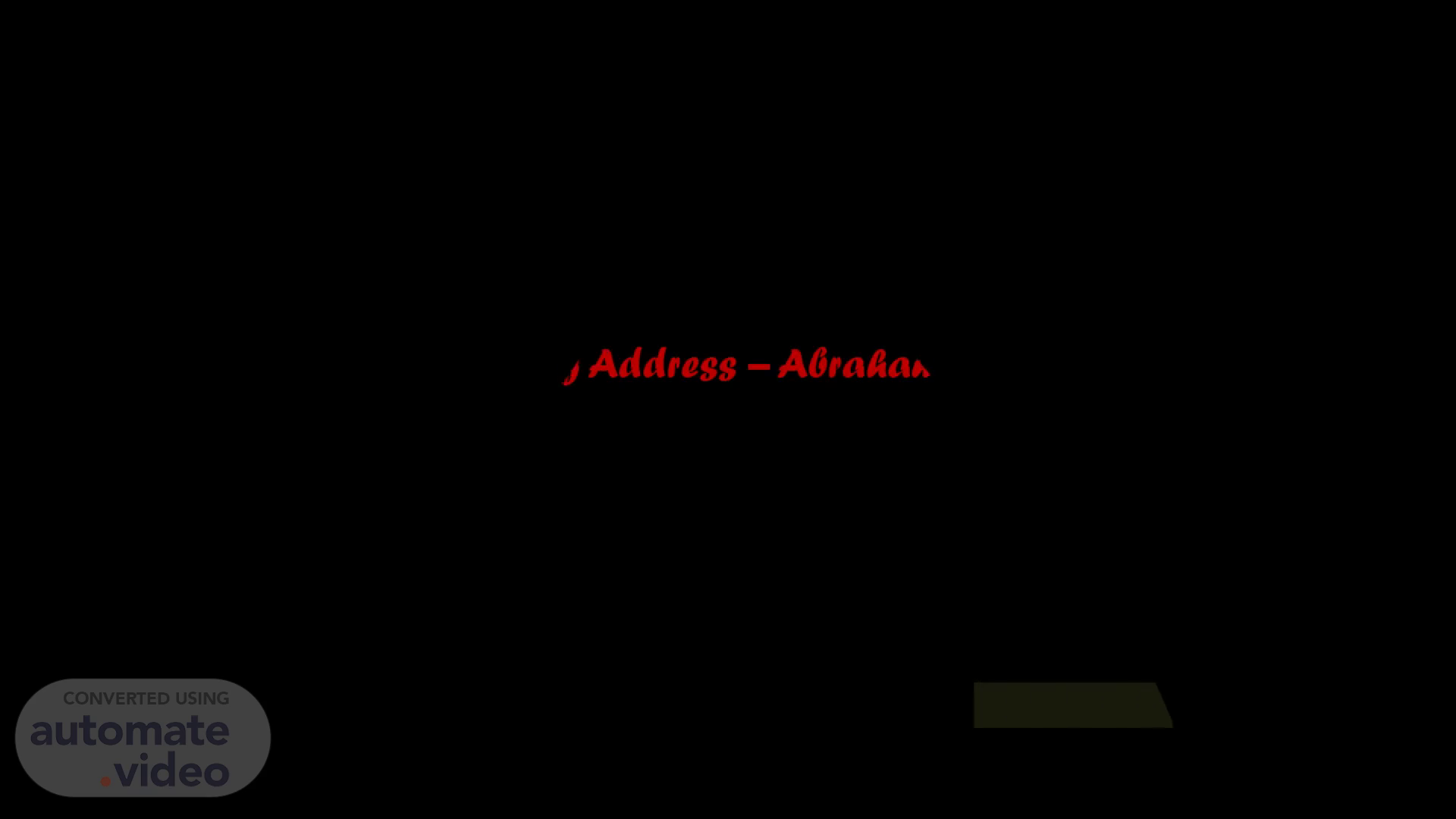
PowerPoint Presentation
Scene 1 (0s)
The Gettysburg Address – Abraham Lincoln.
Scene 2 (12s)
From July 1 to July 3, 1863, Union and Confederate forces clashed in Gettysburg, Pennsylvania. The Battle of Gettysburg, a bloody battle that halted Robert E. Lee’s invasion of the North, was a turning point in the Civil War. After the dust settled, more than 7,500 soldiers — over three times the population of Gettysburg itself — lay dead on the battlefield. Authorities decided to turn a section of the battleground into a national cemetery in which to inter and honor the Union dead.
Scene 3 (36s)
The famed orator and politician Edward Everett was invited to speak at the dedication. Almost as an afterthought, President Lincoln was also invited to offer a few poignant remarks, following Everett’s main speech..
Scene 4 (50s)
On November 19, after Everett delivered a two-hour-long oration, President Lincoln stood and offered his Gettysburg Address, a mere 272 words, which began like this:.
Scene 5 (1m 35s)
Now we are engaged in a great civil war, testing whether that nation, or any nation, so conceived and so dedicated, can long endure. We are met on a great battle-field of that war. We have come to dedicate a portion of that field, as a final resting place for those who here gave their lives that that nation might live. It is altogether fitting and proper that we should do this..
Scene 6 (2m 23s)
But, in a larger sense, we can not dedicate — we can not consecrate — we can not hallow — this ground. The brave men, living and dead, who struggled here, have consecrated it, far above our poor power to add or detract. The world will little note, nor long remember what we say here, but it can never forget what they did here. It is for us the living, rather, to be dedicated here to the unfinished work which they who fought here have thus far so nobly advanced. It is rather for us to be here dedicated to the great task remaining before us — that from these honored dead we take increased devotion to that cause for which they gave the last full measure of devotion — that we here highly resolve that these dead shall not have died in vain — that this nation, under God, shall have a new birth of freedom — and that government of the people, by the people, for the people, shall not perish from the earth..
Scene 7 (3m 8s)
This last paragraph is the most important part. In the first three sentences, Lincoln acknowledges that anything he or anyone else says at this ceremony are just words, and those words are nothing compared to what the soldiers gave during that battle. He and others came to Gettysburg to dedicate the cemetery ground, but Lincoln turns it around, stating that by struggling and spilling blood and dying on that battlefield, the soldiers themselves have already dedicated, hallowed, and consecrated (which all essentially mean “make something sacred or honored”) the area..
Scene 8 (3m 35s)
So instead of coming to dedicate the ground, Lincoln says that the people are there to be dedicated to “the unfinished work” of the devoted soldiers — that is, the preservation of the Union and its ideals of liberty and equality. If the Union were to give up on the Civil War — and many people supported making concessions to the South to end the war — then these soldiers’ deaths would be “in vain,” or meaningless. This is both a call to action and a justification for continuing the war. Lincoln’s Gettysburg Address became a rallying cry that easily ushered Lincoln into his second term in office and reinforced Union resolve to win the war..